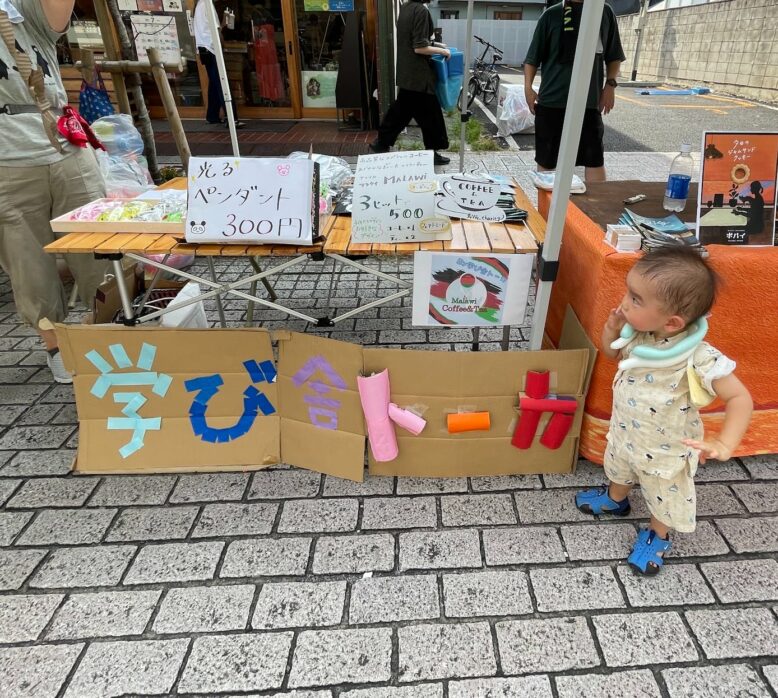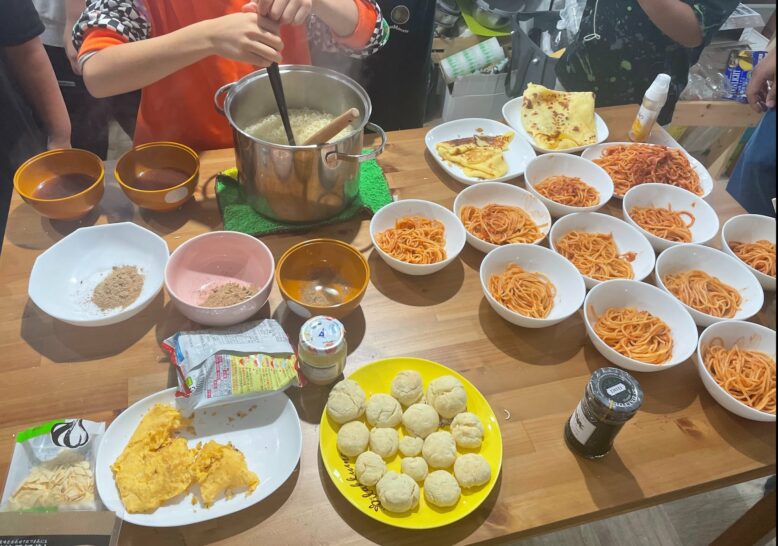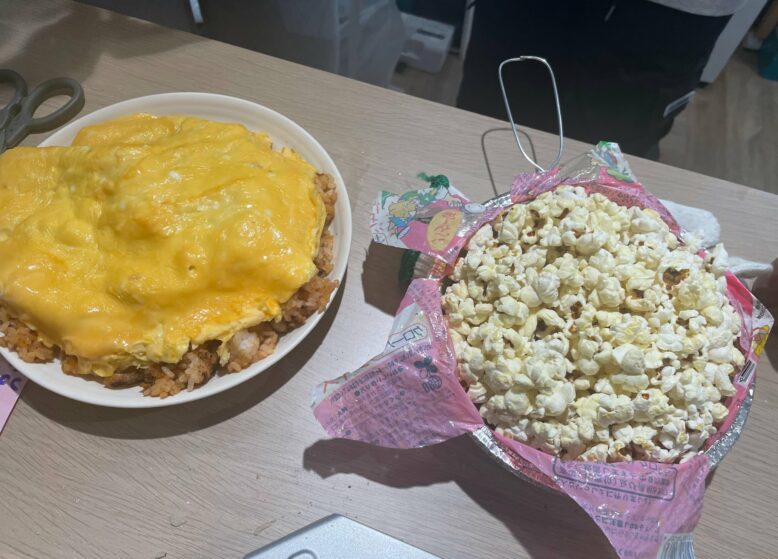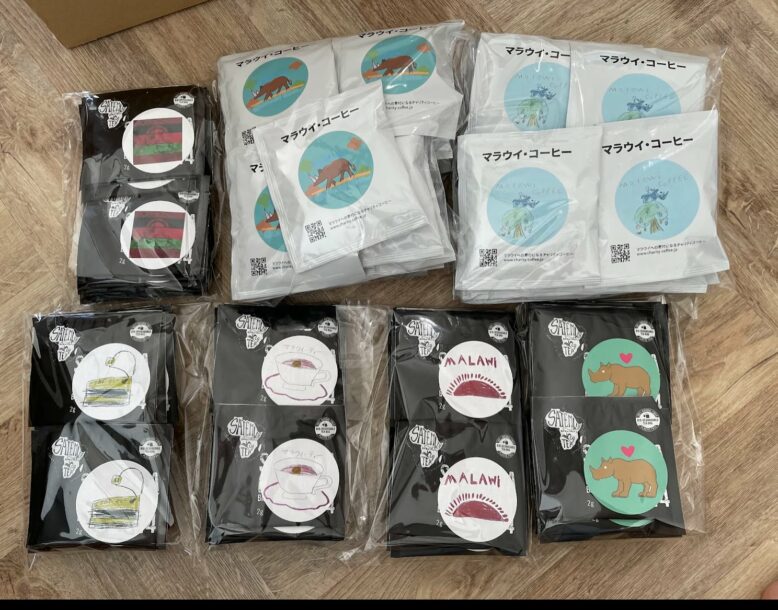
NPO Seibo expanded its support in 2024 to include not only meal assistance in Malawi but also support for children in Japan. We received an annual activity report from our partner, the free school Tōka, which we would like to introduce below!
1. Introduction (Purpose)
Children attending Tōka engage in a bi-monthly activity called the “Children’s Community Cafeteria,” where they plan the menu and provide meals for community members and parents. Through this, the children learn various lessons related to independence, the joy of cooking for others, and community interaction, all through “food.”
2. Activity Overview

-Activity period: From September 2023 to January 30, 2025
-Frequency: Twice a month
-Location: Learning Center Tōka, Yoga Nakacho Campus
-Participants: Children attending Tōka, staff, local children, parents, high school and university students, Setagaya ward councilors, local shop owners, local elderly residents, social welfare workers, free school personnel, etc.
Number of participants: Over 500 in total
3. Main Activities

The children creatively discuss and experiment with menus based on seasonal themes, popular dishes from the internet, and their own ideas about “what to cook.”
Menu items created so far include omelet rice, ramen, pierogi, crepes, hamburgers, sushi rolls, cakes, cookies, homemade gummies, fried rice, homemade bread, pizza, curry rice, hamburgers, dumplings, roasted pork, soup, pickles from pesticide-free vegetables, rice balls, fried chicken, spaghetti, and more.
4. Usage of Donations
Purchase of food ingredients (including snacks and drinks), dishes, and cooking equipment.
5. Challenges and Achievements
-Challenges: Rising food costs and the difficulty in obtaining cooking tools for complex dishes the children want to create.
-Achievements: It provides new learning experiences for children who have never cooked before. When their dishes are praised, it builds their confidence. The activity fosters mutual understanding as they acknowledge each other’s cooking.
It promotes international understanding through preparing multinational dishes. Investigating and making Japanese cuisine enhances their understanding of their own culture. Children who were previously picky eaters have started to try new foods. The activity serves as a venue for parent interaction and connections with community members.
6. Future Prospects
Goals for the next year: Collaborations with local students.
7. Conclusion (Words of Thanks)
We truly appreciate your continued support. It contributes greatly to the learning experiences for children through “food.” Additionally, we have been serving Malawian coffee to parents and community members within the school and at festival stalls.



